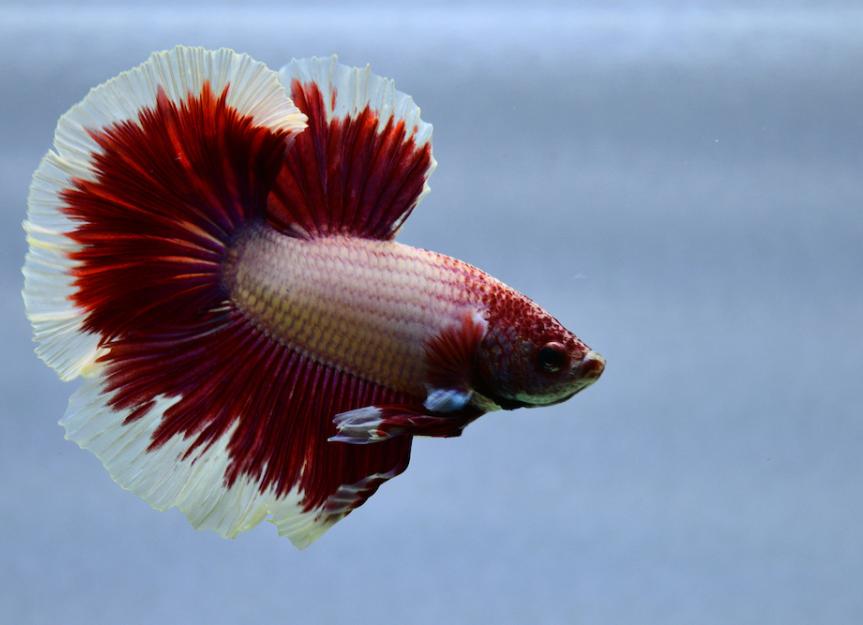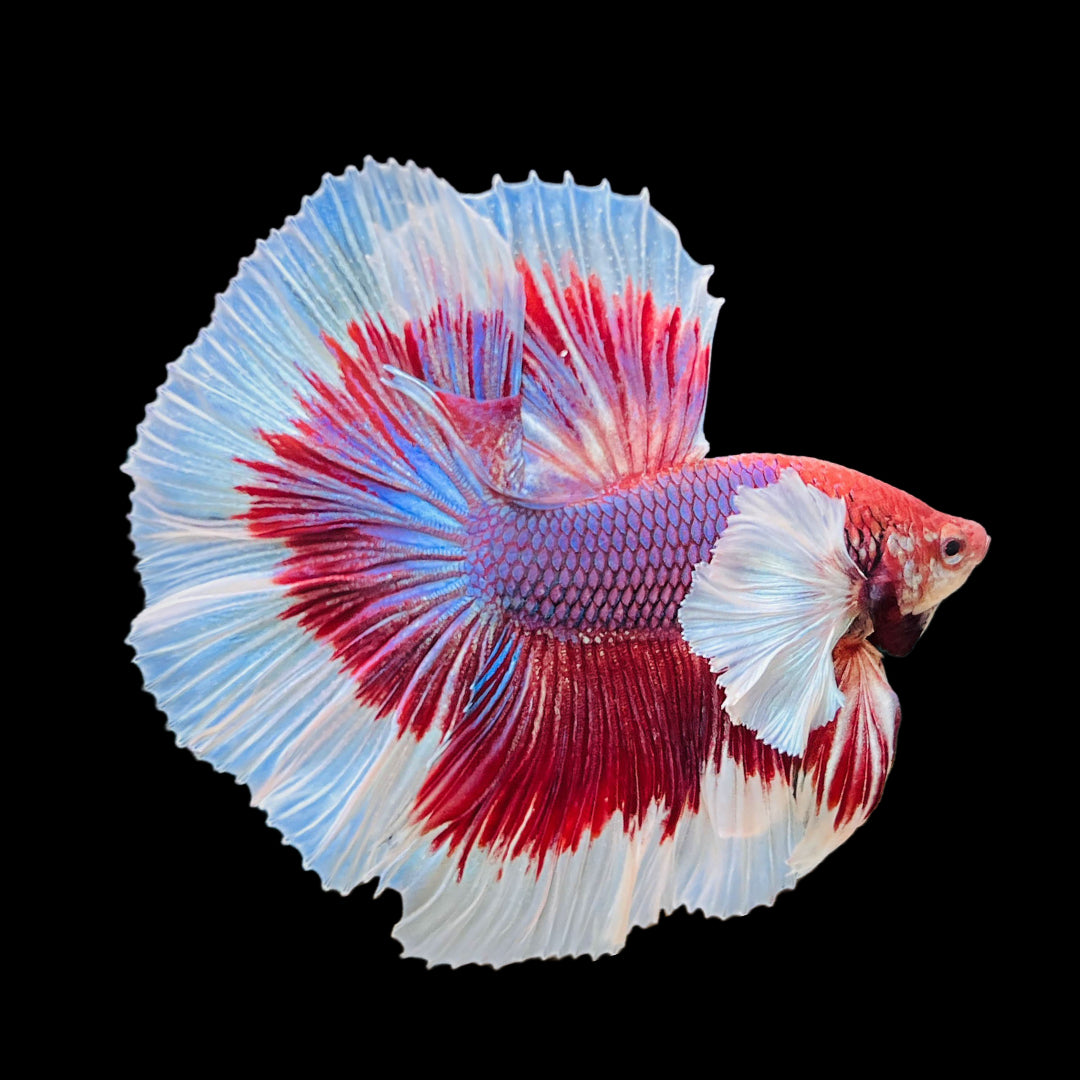Understanding Betta Fish Behavior: What Every Proprietor Ought To Know
Understanding Betta Fish Behavior: What Every Proprietor Ought To Know
Blog Article
The Ultimate Guide to Betta Fish Treatment: Vital Tips for Maintaining a Healthy and Successful Fish Tank Setting
Effective Betta fish treatment necessitates a thorough understanding of their one-of-a-kind environmental and physical demands. Establishing a suitable fish tank begins with selecting the right tank size and making certain ideal water conditions, which are critical for the health and health of your Betta.
Selecting the Right Container
Choosing the ideal storage tank for your Betta fish is crucial to ensuring its health and wellness and health. Bettas flourish in atmospheres that resemble their natural habitats, which commonly consist of calmness, warm waters. A container size of at the very least five gallons is suggested to supply ample swimming space, as smaller containers can bring about stress and health problems for these dynamic fish.
When picking a tank, think about the storage tank's form and purification system. A rectangle-shaped container is preferable to a bowl, as it offers much more surface for oxygen exchange. Furthermore, a reliable purification system is essential to maintain water top quality and decrease the regularity of water adjustments (betta fish). Nonetheless, it is necessary to pick a filter with a mild circulation, as Bettas are not solid swimmers and might have a hard time against strong currents.
Temperature level policy is another key factor; Bettas prefer water temperature levels between 76 ° F and 82 ° F. Investing in an excellent heating system will certainly make sure that the water remains within this array, promoting a healthy and energetic way of life for your Betta. Finally, providing proper tank decors and hiding spots will certainly help in reducing tension and encourage all-natural actions, even more boosting your Betta's wellness.
Preserving Water Quality
Preserving optimum water quality is important for the health and wellness and long life of Betta fish. This requires routine tracking of numerous criteria, consisting of temperature level, pH, ammonia, nitrite, and nitrate levels.
The pH level ought to ideally drop in between 6.5 and 7.5. Routine screening making use of a reputable water screening package can aid make certain these parameters stay within the suitable varieties. Ammonia and nitrite levels ought to constantly be at 0 ppm, as also reduced focus can be toxic to Betta fish. Nitrate degrees should be kept under 20 ppm to stop lasting wellness concerns.
Routine water adjustments are crucial to maintaining water top quality. Furthermore, including a robust purification system can help in maintaining water clearness and quality, providing a much healthier habitat for your Betta fish.
Perfect Feeding Practices
Offering a well balanced diet plan is essential for the health and vibrant coloration of Betta fish, as their dietary demands play a considerable role in their overall well-being. Betta fish are meat-eating naturally, needing a diet regimen high in protein. A mix of top notch pellets, frozen or online foods such as bloodworms, salt water shrimp, and daphnia can offer the necessary nutrients they need.
Feed your Betta fish 2 to 3 times a day, providing just what they can consume within a couple of minutes to stop overfeeding and keep water quality. Overfeeding can cause excessive weight and health concerns, including swim bladder illness. It is necessary to monitor their dietary intake and change portion sizes appropriately.
Along with protein, click here to read a well balanced diet should include minerals and vitamins to advertise optimum health and wellness. Take into consideration supplementing their diet regimen with top quality flakes or pellets particularly created for Betta fish, as these usually contain required additives.

Creating an Ideal Habitat

Water top quality is paramount; preserve a temperature level in between 76 ° F and 82 ° F, and guarantee the pH level ranges from 6 - betta fish.5 to 7.5. Regular water modifications of 25-50% weekly will certainly help keep toxic substances at bay and ensure a secure atmosphere
Including plants and concealing spots is essential, as Betta fish are normally territorial and enjoy having areas to check out and pull back. Live or silk plants, in addition to caves and accessories, can produce a revitalizing setting.

Normal Health And Wellness Checkups
Carrying out routine health check-ups is important for guaranteeing the wellness of Betta fish, as very early detection of possible issues can protect against major health issues. These appointments need to incorporate a complete examination of the fish's physical problem, actions, and environmental elements.
Begin by observing the Betta fish for any kind of indications of distress, such as sleepiness, loss of appetite, or unusual swimming patterns. In addition, inspect the fins and body for indicators of discoloration, sores, or fin rot, which can show infections or bloodsuckers. Routinely checking the water quality in the aquarium is similarly critical; parameters such as pH, ammonia, nitrite, and nitrate levels must be kept within optimal ranges to protect against stress and disease.
In addition, think about keeping a log of wellness monitorings and water high quality tests. Timely intervention can make a significant distinction in the healing of your Betta fish, making sure a long and healthy life in a well-maintained fish tank atmosphere.
Conclusion
In conclusion, successful Betta fish treatment hinges on developing and preserving an optimal fish tank atmosphere. By adhering to these standards, aquarists can promote the wellness and vibrancy of Betta fish, inevitably resulting in a thriving marine community.
Report this page